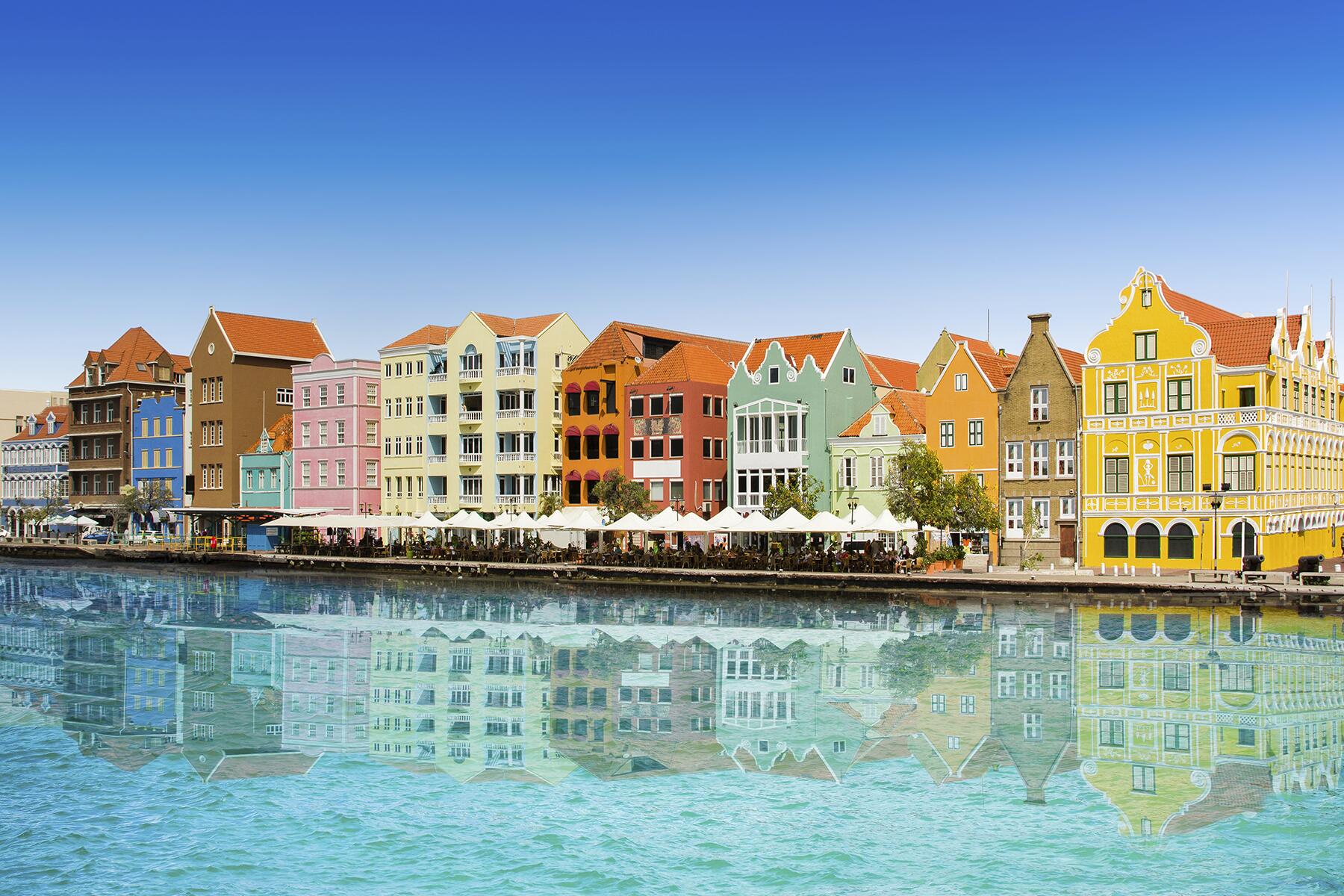The State Department warns that citizens may be wrongfully detained.
The U.S. State Department issued another travel advisory late last month. Mainland China is now at Level 3: Reconsider Travel due to “arbitrary enforcement of local laws, including in relation to exit bans, and the risk of wrongful detentions.” Macau Special Administrative Region is also at Level 3 because the U.S. has limited consular services there. Hong Kong Special Administrative Region is at Level 2: Exercise Increased Caution.
Related: Numerous Countries Have Issued Travel Warnings for the United States
Unfriendly Laws
The State Department warns travelers that the People’s Republic of China (PCR) has arbitrary laws. You can get into trouble with the law if you have been critical of the government—even when outside of the country. Accessing publicly available information and conducting research may lead to prosecution for espionage. The state can deem any information, data, or document as a state secret.
Detention, arrests, and exit bans without fair court procedures are common and you may not be informed about your alleged crime. Trials are long and may take place in secret, and detainees are allowed limited outside contact.
“Foreigners in the PRC, including but not limited to businesspeople, former foreign-government personnel, academics, relatives of PRC citizens involved in legal disputes, and journalists have been interrogated and detained by PRC officials for alleged violations of PRC national security laws. The PRC has also interrogated, detained, and expelled U.S. citizens living and working in the PRC,” the advisory says.
Recommended Fodor’s Video
Exit bans—which people only learn about when they try to leave the country—exist for political reasons. It gains the country leverage over other nations that they don’t have friendly relations with. These restrictions also compel individuals to participate in investigations.
There is no legal procedure to contest exit bans and relatives, including minors, may also face restrictions.
If travelers decide to go to China, the State Department advises keeping a low profile, avoiding demonstrations, and staying away from drugs before and during the trip. Taking photographs of the police or demonstrations is also discouraged. China also doesn’t recognize dual citizenship, so U.S. citizens of Chinese descent or China-U.S. citizens may be under extra scrutiny. The U.S. consulate may not be allowed to offer consulate services to American citizens of Chinese origin.
Should you travel to China, you’re encouraged to sign up for the Smart Traveler Enrolment Program to “make it easier to locate you in an emergency.”
Related: Multiple Travel Warnings Have Just Been Issued Against This State
What’s Happening in China
U.S.-China relations are very tense right now. The countries have been sparring about Taiwan, human rights violations in Hong Kong and Xinjiang, trade issues, and spying and national security. The recent visit of U.S. Treasury Secretary Janet Yellen to Beijing was an attempt to smooth ruffled feathers. But it has been an uphill battle to get detained Americans out of the country.
On May 15, John Shing-Wan Leung, a 78-year-old U.S. citizen permanently settled in Hong Kong, was sentenced to life in prison for spying. Texan businessman Mark Swidan has been in a prison in China since 2012 on drug charges and his mother claims he is being tortured. The U.S. has determined that it is a case of wrongful detention, but the Chinese government has upheld his death sentence. Kai Li from New York has been imprisoned since 2016 and Pastor David Lin has been behind bars since 2006—both are wrongfully detained.
China has banned thousands of citizens and foreign nationals from leaving the country, and the numbers seem to be increasing, including the detention of Australian journalist Cheng Lei in 2020, and Canadian citizens Michael Kovrig and Michael Spavor in 2021.
Many believe that these detentions and exit bans are politically motivated and foreign nationals are being used as hostages to twist governments into making favorable decisions.
In April, China also expanded its espionage laws, and experts fear that this has heightened the risks for foreign nationals working in the country. China is also launching investigations into foreign firms and tightening regulations. In Hong Kong, the National Security Law was introduced in 2020 amidst fears that foreigners can be prosecuted or deported for anti-government activism, criticism on social media, and whatever is deemed as a threat to national security.
Experts have long worried about mass surveillance in China and travelers are often asked to not bring devices with sensitive information to the country. In fact, during the 2022 Winter Olympics, athletes and journalists were advised to take burner phones.




China takes revenge on the citizens of nations it has issues with. If such citizens visit China, they do so with the sword of damocles hanging over their heads and never knowing when it will fall. Canada used to have a civil and respectful relationship with China, but foolishly ruined it with the arrest of one of China's most favoured business women. The arrest was prompted by an underhanded and poiticized warrant from the US. With "friends" like the US, Canada does not need any enemies. Needless to say the Canadian government of Justin Trudeau clumsily and hamfistedly handled the political matter showing amazing inexperience and political nievety. The US destroyed Canada's good relationship with China aided by Canadian government incompetent and ignorant foreign policy and slavish attendance to American wishes. You may say that during the whole international scandal, the US and China were playing political chess, while Trudeau and his untutored minions were playing phoney judicial checkers. Talk about being outclassed.